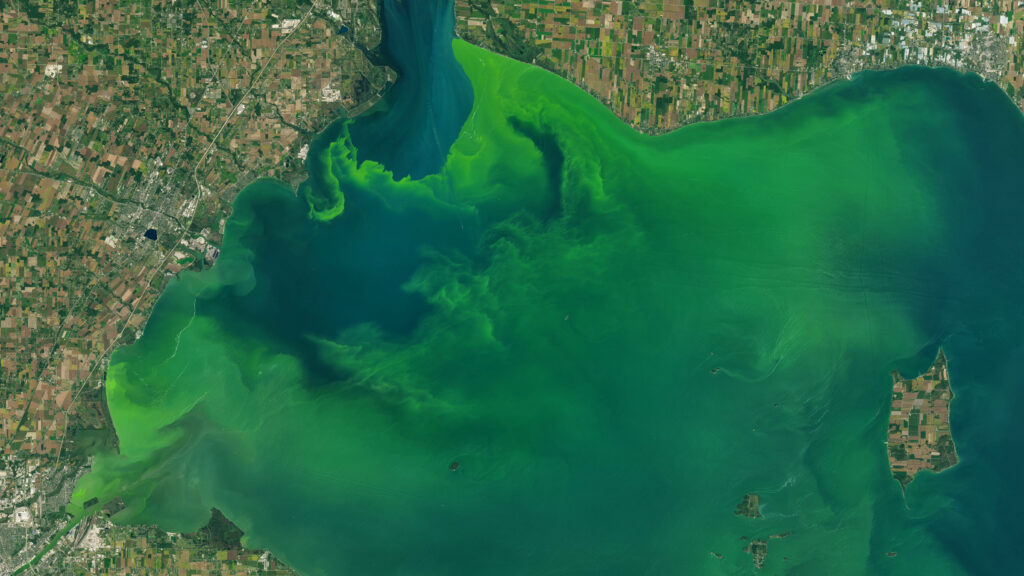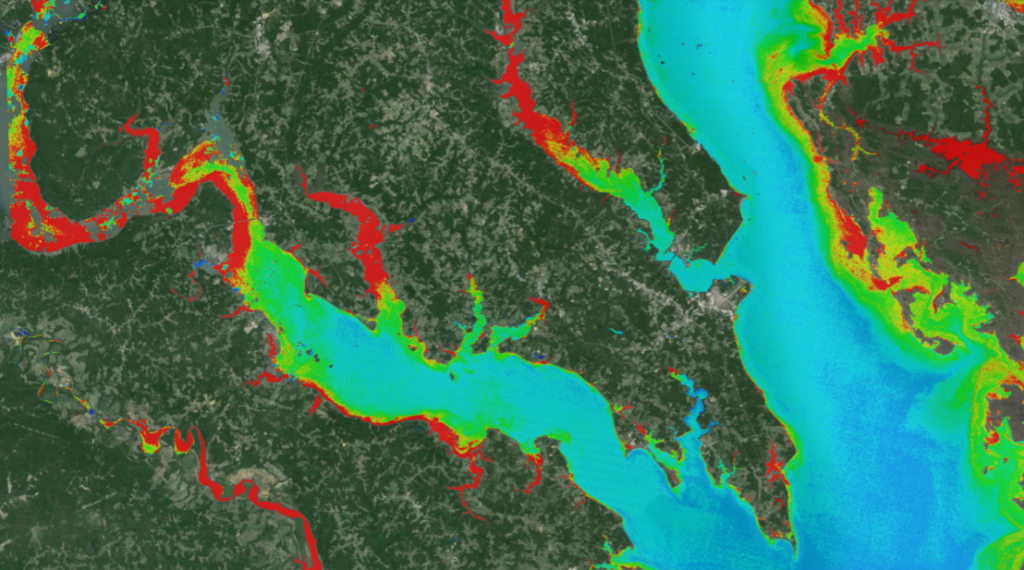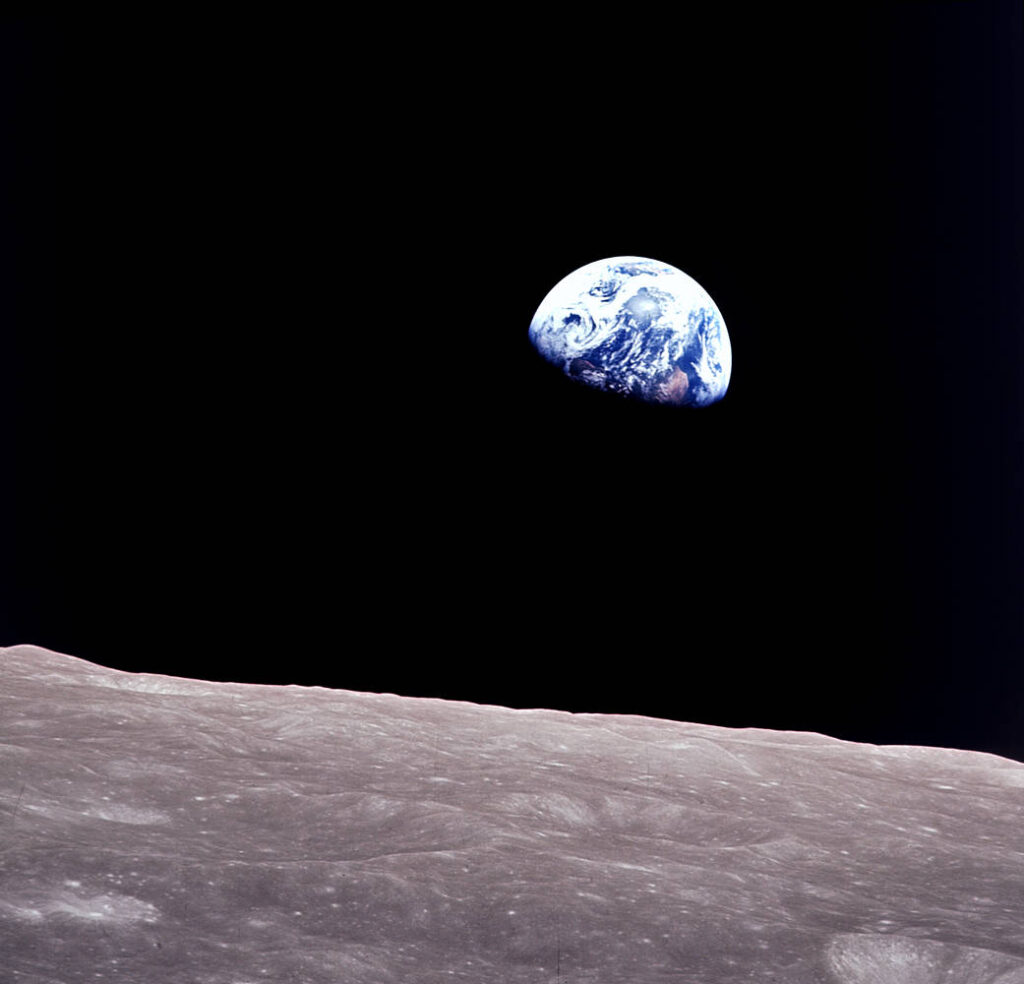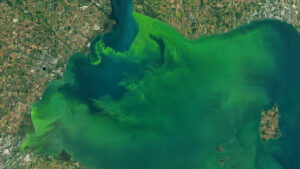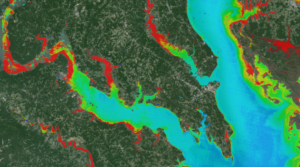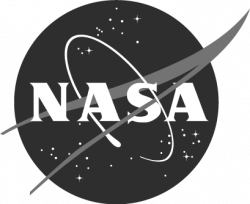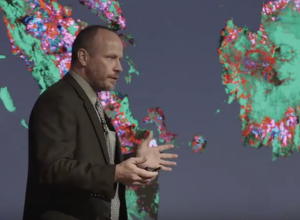
Landsat data features prominently into this talk (see timestamps 06:10 and 07:00–16:02). In this presentation, Matt Hansen commented:
“Very importantlty, big data and its use for societal good is based on really progressive data policies. The Landsat sensor has 40 years of data in the archive and it is available to anyone on the planet.”
“One of the things we like about the [Landsat] satellite is that as it orbits the Earth it is calibrated consistently so we have a globally constant picture that we can make comparisons—apples to apples—of what’s happening. We can drill down to countries, even parks, and say this is what is happening at a local scale. That is another really powerful part of this big data story.”
Further Information:
+ Watch the video on YouTube
+ New Global Data Finds Tropical Forests Declining in Overlooked Hotspots
+ Big Data Helps Scientists Dig Deeper
+ Mapping Global Forest Change with Landsat: Discussion, Demonstration, Q&A

